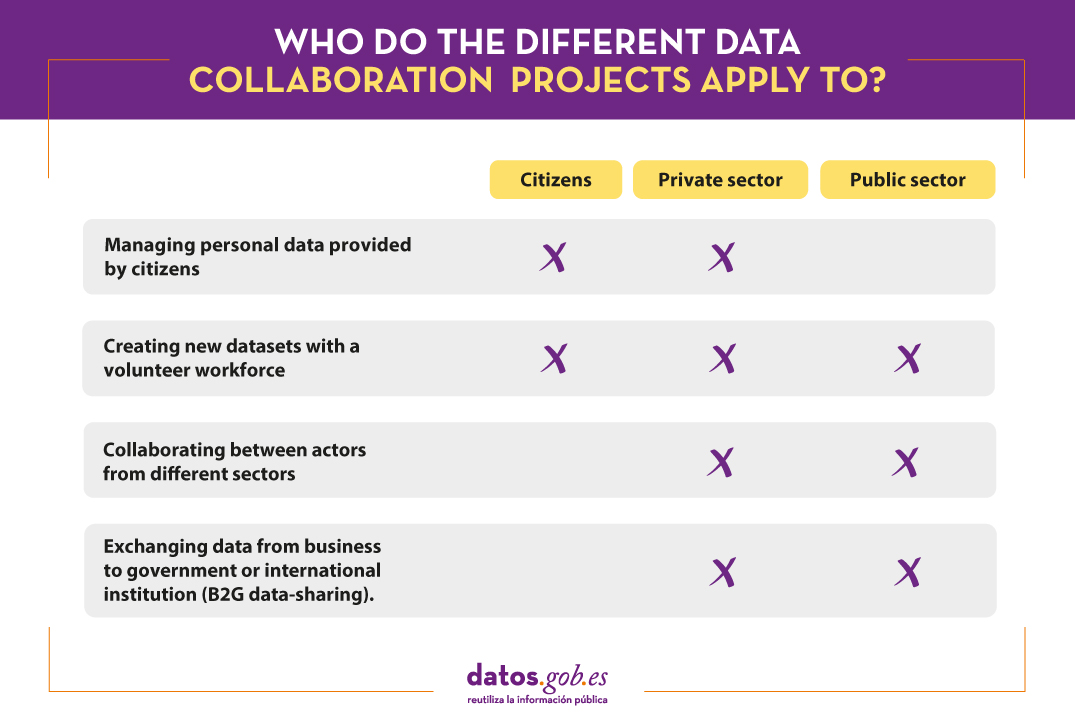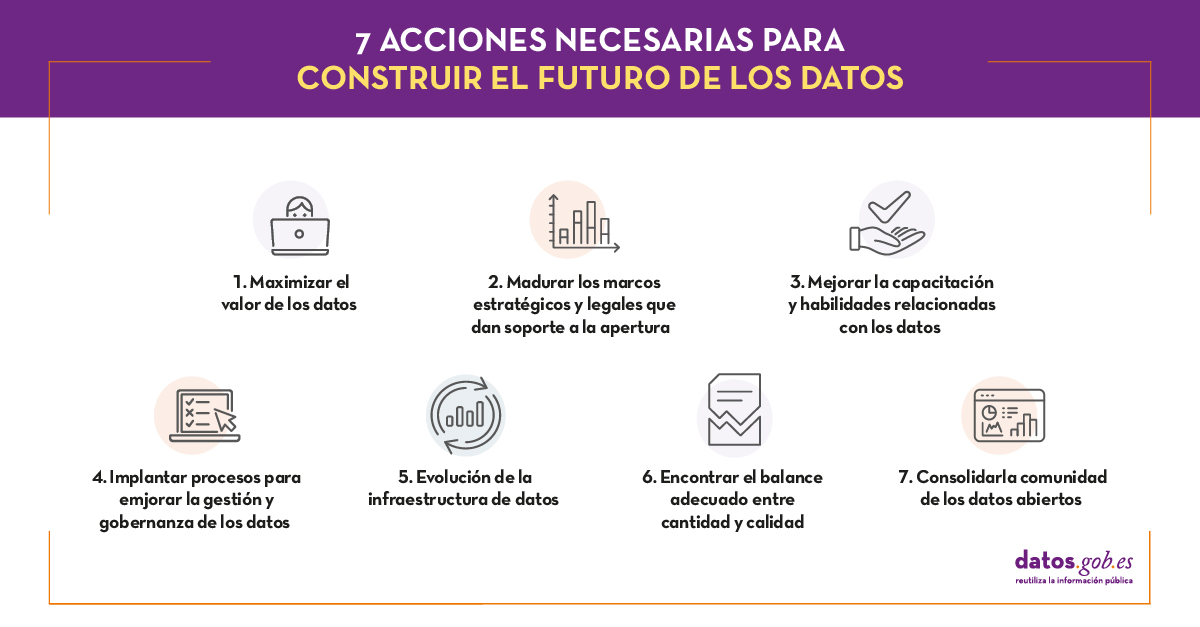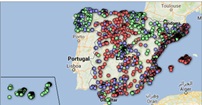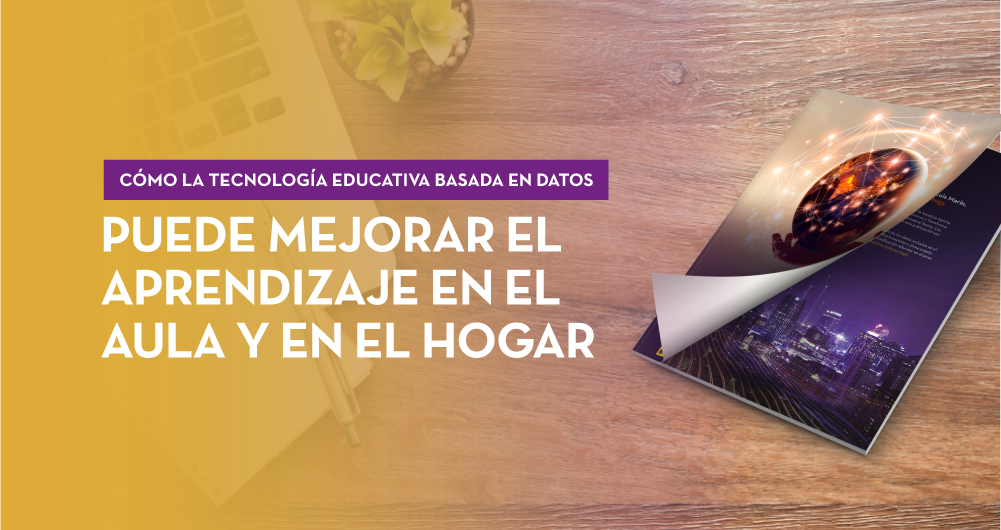How to facilitate data collaboration to solve societal problems
Fecha del documento: 31-05-2022

Data are fundamental to solving the social and economic challenges we face today. It allows us to understand the causes behind a given situation and the factors that influence it, to estimate how it is evolving and to make informed decisions for change.
The problem is that solving such challenges often requires a combination of data from different sources:
- Data provided by the public sector
- Data from multiple private sector companies
- Citizen-generated data
But how can such collaboration be achieved? This is the question posed in the report "How to facilitate data collaboration to solve societal problems", written by Jose Luis Marín in the framework of the Aporta Initiative.
The report begins with a brief introduction outlining the current state of data openness in the public and private sectors, as well as in the citizenry. Then, it discusses the main barriers to data sharing by companies and citizens, the individual and collective benefits that can motivate these practices in the public interest, and the policies that can be put in place by public administrations to compensate and encourage collaboration.
Once the context is clear, it is time to look at some of the existing mechanisms for collaboration in data collection, sharing or processing to address a societal challenge. Although there are no systematised analyses of ideal forms of governance, four formulas have been identified for this report:

In order to illustrate and better understand each formula, the report includes multiple examples of international success stories, such as the Accelerating Medicines Partnership (AMP), which focuses on transforming the current model of developing new diagnostics and treatments, or the Open Apparel Registry (OAR), which aims to contribute to improving human rights and environmental conditions around factories.
The report concludes with a series of resources to help organisations collaborate successfully and reduce barriers, including collaboration networks, collaboration frameworks, courses and trainings.
Below, you can download the report, as well as access the complementary materials (executive summary, video-interview and summary presentation). The report is translated into English, but additional materials are available in Spanish version only.














